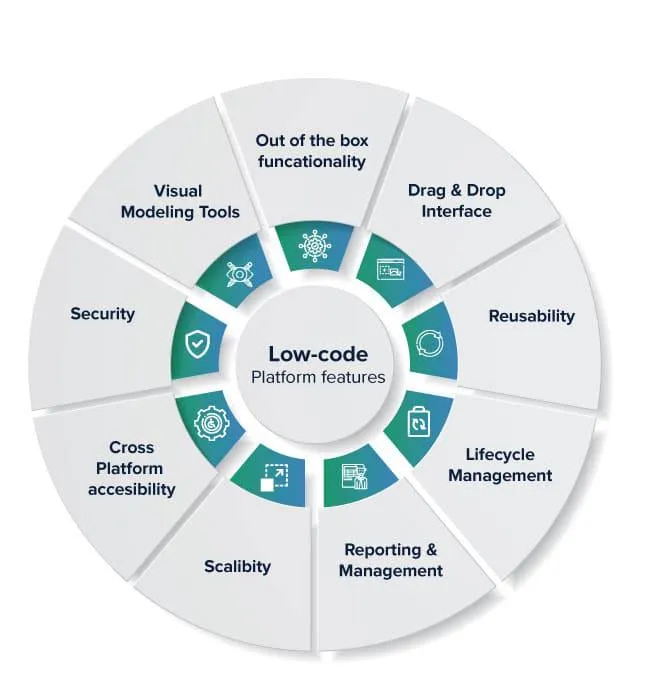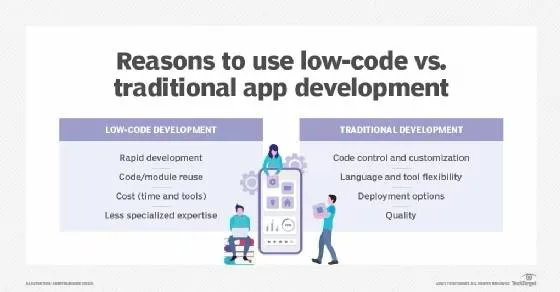The pressure of digitalization on various industries encourages companies to have armies of analysts who need to find ideas beneficial to the business. And beyond that, a significant challenge is integrating the developed solution with the organizations’ existing infrastructure. Here are some potential reasons why companies may still need more practical solutions despite their efforts and expenses on data analytics:
- Analysts may only consider some of the data they receive as complete;
- There may be a need for more qualified data analysts or sufficient time for analysis;
- There may be a lack of clarity a bout the goals of the analysis and the necessary success indicators;
- Many companies do not use all available tools and technologies for data analysis, which can limit the effectiveness of analysis and reduce the quality of decisions.
As a result, to be successful in data analysis, companies need to pay attention to each of these aspects and ensure that all tools and technologies available for data analysis are used correctly.
So what’s the solution?
That’s where low-code rolls in — a platform for developing applications and solutions containing a set of tools and components. These tools and components can be used to quickly and easily construct applications without writing complex code from scratch. However, I believe the low-code platform should be preferred over no-code because it includes problem-oriented components to simplify understanding and allow for a more structured solution. Symbiosis of the solution, when the platform has several levels of abstraction, allows a broader range of issues to be solved.

In addition, low-code platforms facilitate integration with a company’s existing infrastructure. Such platforms usually have many integration possibilities with other applications and systems to quickly and smoothly implement new solutions into the existing infrastructure. A data bus allows for better structuring of the company’s solutions.
Another advantage of low-code is the capability to develop applications by people who don’t have a technical background. Thanks to a user-friendly interface and a set of ready-made components, even people without any coding experience can develop applications.
Low-code has many other benefits. For example, these platforms allow you to create applications that can be quickly modified and adapted to changing business requirements. In a fast-paced business environment, the ability to swiftly implement new features and enhance existing capabilities can be crucial for a company’s success.
One more benefit of low-code platforms is improved communication between business experts and developers. With a user-friendly interface and the ability to use “graphical programming languages”, any business expert can outline requirements and ideas for a new application in an understandable language. This feature reduces the risk of miscommunication and inconsistency between business experts and developers.
Also, low-code platforms allow businesses to stay adjustable and responsive to new conditions. For example, if a new competitor enters the market or regulatory rules change, a company can quickly create a new application or modify an existing one using low-code.
Finally, low-code platforms help companies modify the customer experience. Creating and implementing new features quickly via low-code platforms can help companies enhance their products and services, increasing customer satisfaction and gaining a better reputation for the company.

And PLATMA offers all the mentioned benefits and even more. The low-code platform provides affordable solutions for IT businesses of different sizes. So, leave your worries behind, trust PLATMA’s team to solve your problems, and wait for outstanding results!






